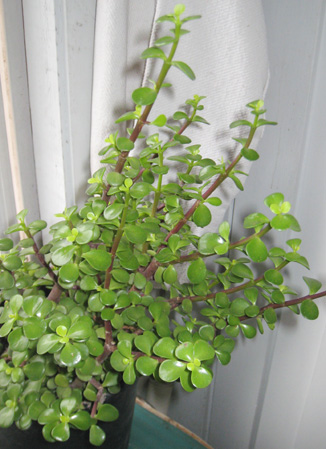elephant food plant edible
All parts of the plant are poisonous while raw but once cooked the tubers are edible. Edible Plants - buy online for growing in Australia - seed potatoes garlic bulbs elephant garlic bulbs rhubarb crowns strawberry plants yacon tubers oca tubers waterchestnut corms and summer leafy greens.
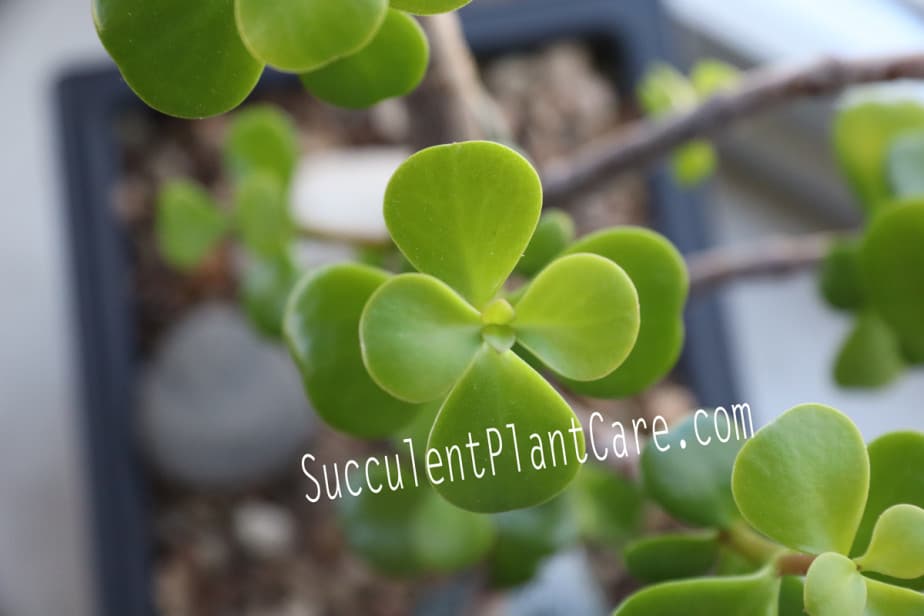
Portulacaria Afra Elephant Bush Care Types And Propagation Succulent Plant Care
Colocasia is a genus of flowering plants in the family Araceae native to southeastern Asia and the Indian subcontinentSome species are widely cultivated and naturalized in other tropical and subtropical regions.
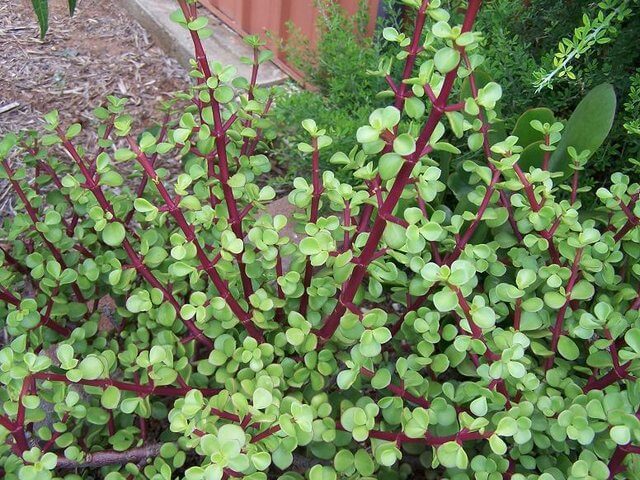
. What plant is toxic yet serves as a major food source for many countries in Asia. It is cultivated for its large starchy spherical corms underground stems commonly known as taro root which are consumed as a cooked. Heres a puzzle for you.
Elephant Bush Succulents. Again treated like asparagus after a couple of years hosta shoots unfurled leaves can be harvested in early spring and cooked as a simple side dish with garlic and plant-based butter. In USDA Zones outside of 7b-10 you should either use this plant as an annual or dig up the tuber after the first frost and overwinter it in a cool dry area possibly in dry wood.
In the home interior it is much more likely to remain just a few feet around 1 m tall. Elephant ear plants have been in cultivation for over 28000 years as a food crop in equatorial regions including India China Southeast Asia. A tender perennial it can be grown outside in the UK in summer in a pot or in a border where it looks especially good combined with other jungly exotic-looking plants such as bananas begonias or tree ferns.
Caladium plants have colorful heart-shaped leaves with spectacular color combinations. From giant plants reaching almost 10 feet 3 m tall to diminutive 2-foot 05 m tall species elephant ear plant types are all excellent in partial shade to full sun in rich moist soil. This corm provides a staple food worldwide sometimes known as the potato of the tropical world.
The elephant ear bulb is a vital staple food crop and fodder crop in the tropics so much so that elephant ear bulbs mainly Colocasia esculenta are the 14th most widely consumed vegetable on earth. 30pcsBag Heirloom Alocasia Macrorrhiza Taro Seeds Green Giant Taro Seeds Plantas Indoor Plant DIY Bonsai Elephant Ear Taro Vegetable Rare Plants 800 027Count Get it as soon as Sunday Jun 19 FREE Shipping on orders over 25 shipped by Amazon. Learn elephant ear plant care types and complete growing tips.
When ordering a tree or plant make sure to know your planting zone. You can determine your gardens USDA hardiness zone using this map. The end goal is the same.
Colocasia esculenta taro or elephant ears is grown for its huge and velvety heart-shaped leaves in shades of lime green purple or black. Elephant ear is the name given to plants with large foliage shaped like a pachyderms ear. Elephant ears is the common name for.
Elephant bush plant may get 6 to 20 feet 2-6 m tall in habitat where it is a favorite food of elephants. After cooking taro tubers of some species are edible and are a common food in Asia. Taro is probably native to southeastern Asia whence it spread to Pacific islands and became a staple crop.
Native to eastern Asia it grows from a corm. In many parts of the world taro is a major food crop for both people and farm animals. This plant has medium severity poison characteristics.
Colocasia is a tender perennial that cannot survive winter months in many places. The bush has thick succulent brown stems with small tender green leaves that resemble a diminutive jade plant. The evidence speaks to a beginning in Southeast Asia though this is still widely debated.
Many produce white spathes and spadix flower forms. It has been a food crop for areas near the equator in countries like Indonesia Polynesia China. Taro Colocasia esculenta also called eddo or dasheen herbaceous plant of the arum family Araceae and its edible rootlike corm.
Colocasia also known as elephant ear or taro. The elephant ear plant has a long and storied history and is a great garden addition. Taro or elephant ear is a tender herbaceous perennial in the Araceae arum family with a clumping growth habit.
However an allotment or veg patch often involves cultivating the. Elephant ear plant leaves grow at the end of thick stems from bulbs or tubers in the ground or pots. Its unwise to purchase a plant for an outdoor garden that cannot survive in your zone.
The names elephant-ear and cocoyam are also used for some other large-leaved genera in the Araceae notably Xanthosoma and CaladiumThe generic name is derived. Open for national delivery and shop sales the Incredible Edible Display Gardens are sadly still closed recovering from flooding rains. A ready supply of fresh fruit herbs and vegetables in the kitchen.
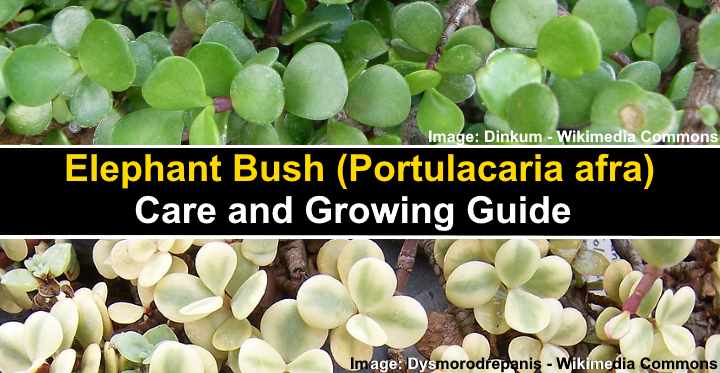
Elephant Bush Portulacaria Afra Care And Succulent Growing Guide
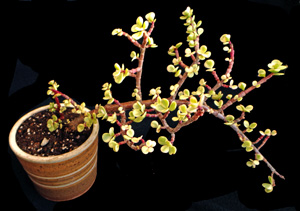
Elephant Bush Portulacaria Afra Wisconsin Horticulture
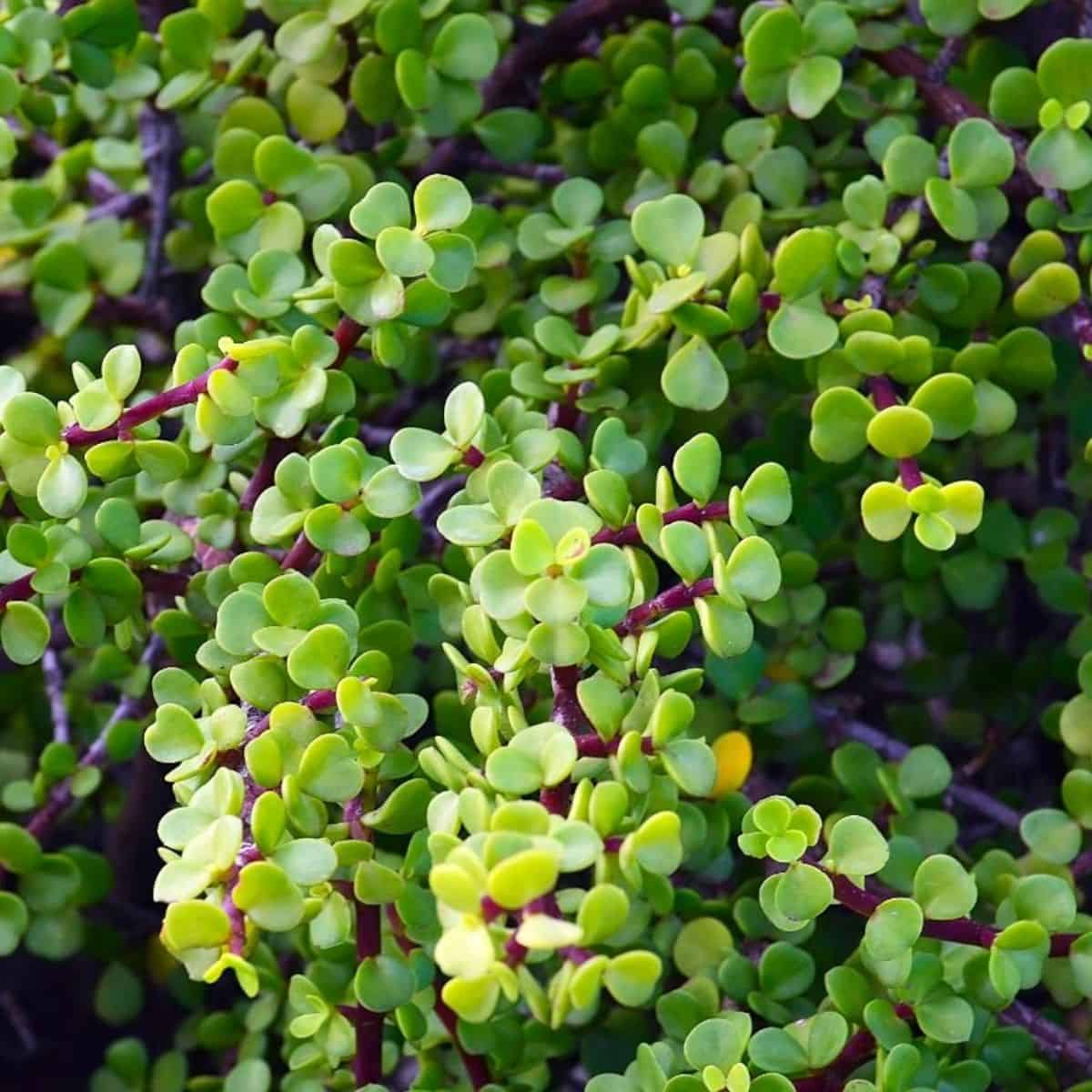
Elephant Bush Succulent Care Guide Sublime Succulents

Elephant Bush Care 101 Kellogg Garden Organics
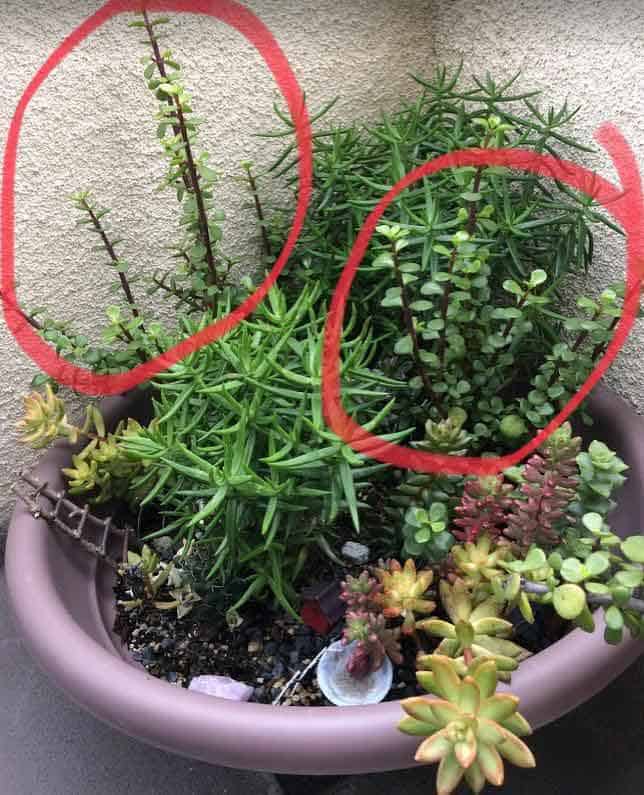
Portulacaria Afra Elephant Bush Care Types And Propagation Succulent Plant Care
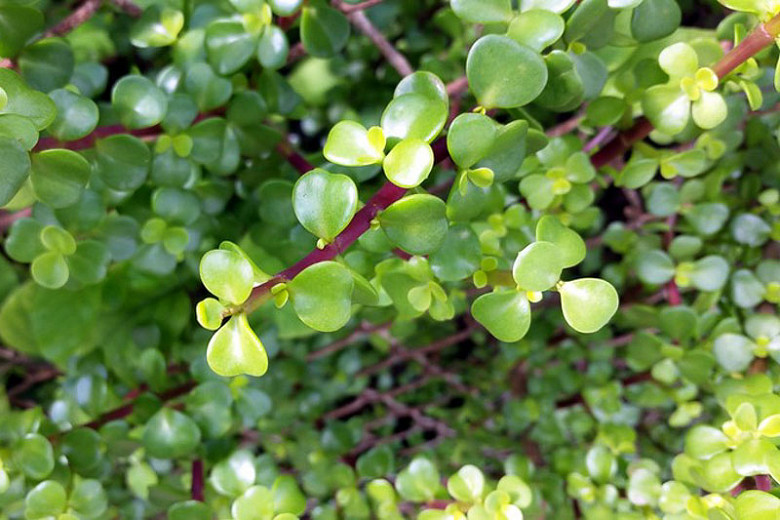
Portulacaria Afra Elephant Bush

You Should Have This Edible Plant In Your Garden Elephants Food Youtube

Portulacaria Afra Plants Guide How To Grow Care For Elephant Bush
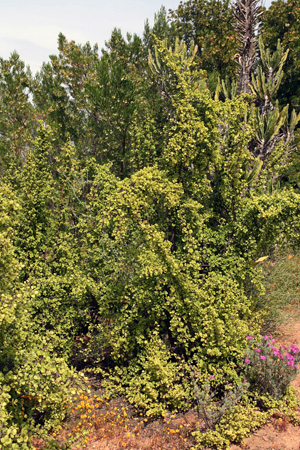
Elephant Bush Portulacaria Afra Wisconsin Horticulture
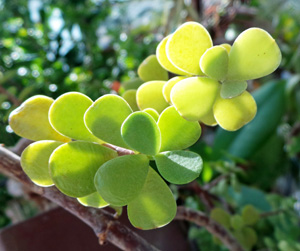
Elephant Bush Portulacaria Afra Wisconsin Horticulture
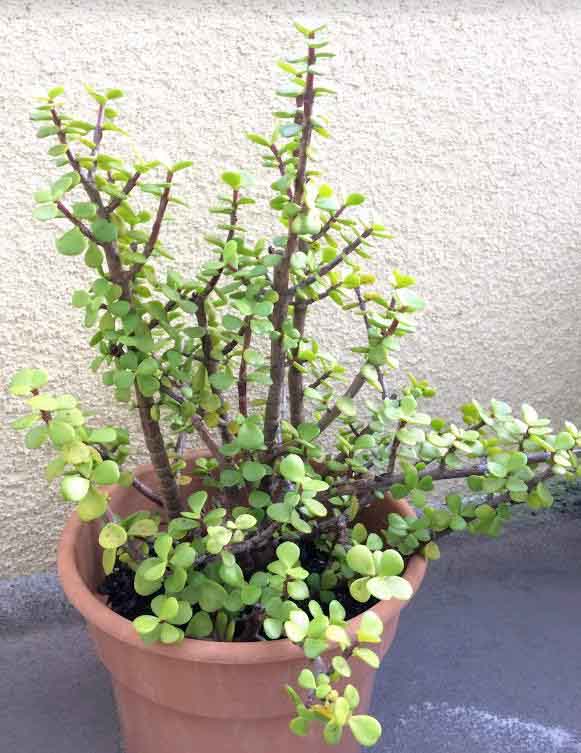
Portulacaria Afra Elephant Bush Care Types And Propagation Succulent Plant Care
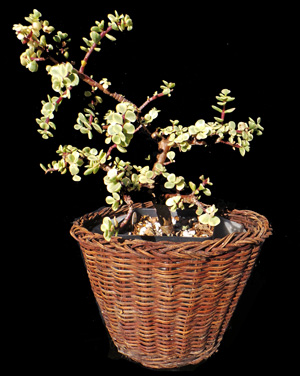
Elephant Bush Portulacaria Afra Wisconsin Horticulture

Understand The Africa Native Rainbow Elephant Bush Succulent Portulacaria Afra Variegata Succulent City

Find Out Why Portulacaria Afra Elephant Bush Is Perfect In All Your Succulent Arrangements Youtube

Elephant S Food Horticulture Unlimited

Spekboom 5 Amazing Facts About This Wonder Plant Shamwari

Elephant Bush Easy To Grow Edible Garden Food Succulent Plant Food Gardening Plants Add To Salads Youtube

Portulacaria Care Growing Elephant Bush Succulents In The Home
